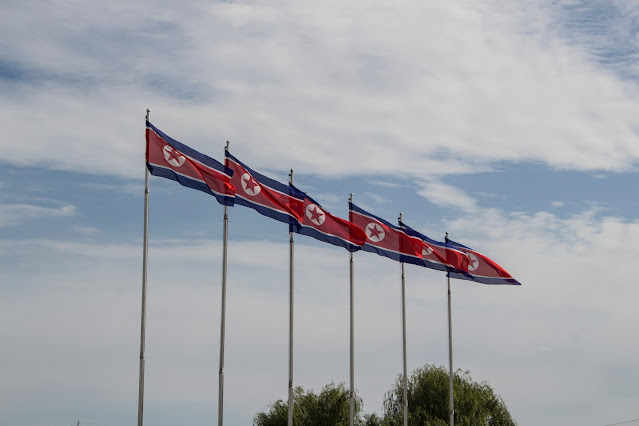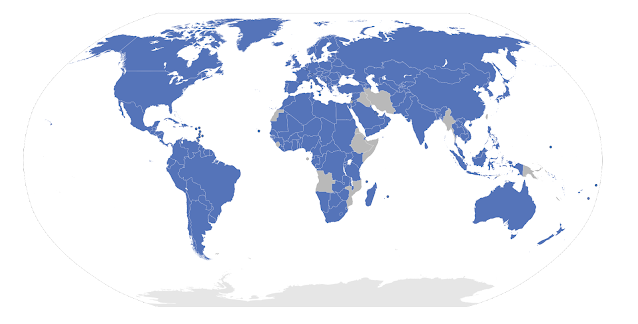Understanding Copyright : Does North Korea have a copyright law?
Exploring North Korea's Copyright Law: Unveiling Intellectual Property Rights
Greetings! It's Sellbuymusic, and I recently stumbled upon an intriguing thought: "Does North Korea have a copyright law?" Naturally, my curiosity got the better of me, and I immediately embarked on a quest for answers. Today, I'm thrilled to share what I've discovered about North Korea's copyright law with all of you. Brace yourselves, because the answer is a resounding "yes"! In April 2001, during the 10th session of the 4th Supreme People's Assembly, North Korea adopted its very own copyright law. Let's delve into the details and unravel the fascinating aspects of this legislation!
North Korea's copyright law, comprised of 6 chapters and 48 articles, explicitly states that "The copyright holder shall possess personal and property rights to their work" (Article 13). Additionally, it establishes that the copyright of a work created by an individual is owned by the creator (Article 16), and that copyright holders can transfer or inherit their property rights wholly or partially (Article 21), highlighting the emphasis on individual authors' rights.
Notably, in January 2003, North Korea joined the Berne Convention—an international treaty safeguarding intellectual property rights for literary, scientific, and artistic works. This demonstrates the country's recognition of personal and property rights within the copyright framework, including the right to personal ownership of works and the ability to transfer and inherit property rights.
One particularly intriguing aspect is the ability to grant third parties the right to use a work, provided there is an agreement with the copyright holder or a designated time period. The differences in protection periods are also worth noting: works enjoy copyright protection from the time of publication until 50 years after the creator's death, whereas in South Korea, it extends to 70 years. Equally fascinating is the involvement of the pricing organization (country) in determining the price of a work.
As an editor, while reviewing these articles, I couldn't help but ponder whether I should use North Korean works with permission. Surprisingly, South Korea has "legal" grounds for protecting North Korean works, thanks to constitutional provisions and international treaties. In fact, North Korea has taken steps to raise copyright awareness by establishing a Copyright Office in 2004.
Examining these points reveals both similarities and differences, making the exploration of North Korea's copyright law all the more captivating. Did you find this information enlightening? If you crave more informative articles, consider becoming my blog neighbor, and please don't hesitate to share your questions in the comments section. I'm eager to engage with you and provide further insights!



.jpg)

Comments
Post a Comment